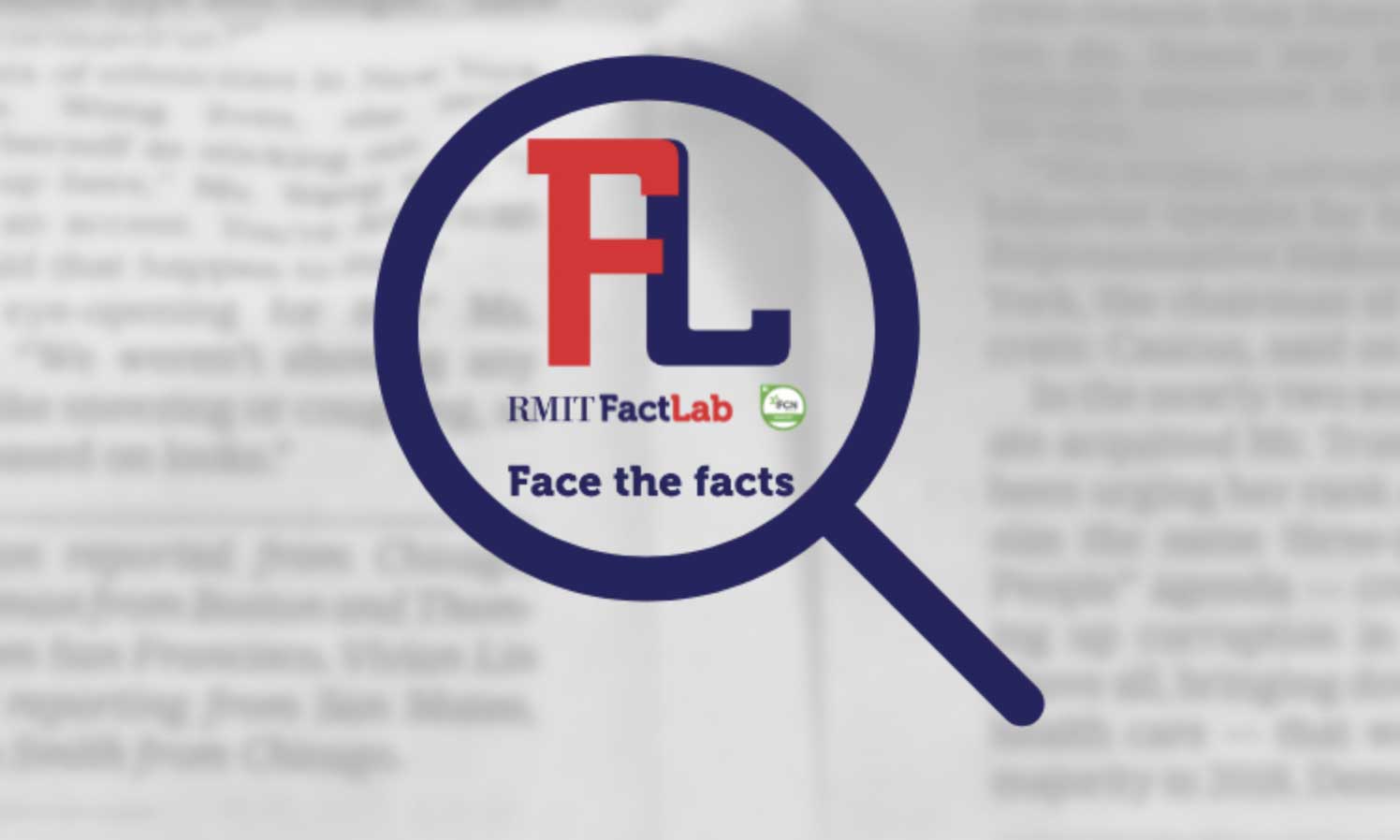Is he correct? RMIT ABC Fact Check investigates.
The verdict
Mr Downer's claim is doubtful.
The constitution does include some sections that prohibit a state discriminating against Australian citizens who are residents of other states.
However, constitutional experts contacted by Fact Check said it has long been accepted by the courts that there can be valid exceptions to these prohibitions, where it is necessary to protect the people of a state from the risk of injury from inbound goods, animals, and people.
They said the deadly coronavirus was likely to fall under such an exception as long as the restrictions imposed by a state are limited to the life of the emergency, tailored to protecting public health and do not single out people's interstate status without good reason.
Border restrictions around the country
The states and territories have taken different approaches to who can enter their borders as a result of the coronavirus pandemic, resulting in some significant variations across the country.
For example, financial penalties for non-compliance with travel rules and restrictions vary from $13,335 in Queensland to a maximum of $62,800 in the Northern Territory, where incoming people are required to record details of where they are staying.
In Queensland only residents, residents of border communities undertaking essential activities and those considered an "exempt person" can cross the state's border.
NSW, Victoria and the ACT remain open for now, although all non-essential travel is strongly discouraged and as in all states, travellers from overseas are required to complete a 14-day quarantine in a hotel at the port they enter.
South Australia has imposed forced quarantine for those crossing its borders but is allowing people who live in communities bordering the state to come and go in the ordinary course of their work, education or daily life.
In contrast, under Western Australia's tough restrictions announced the day before Mr Downer's tweet, travellers are barred unless providing essential services under the state's Quarantine (Closing the Border) Directions.
Tasmania was the first state to announce border restrictions on March 19, but residents and essential workers are allowed aboard the Spirit of Tasmania ferry.
Self-isolation periods of 14 days are common across the states with border restrictions, but some are imposing measures that others do not.
For example, anyone entering Queensland, including returning residents, requires an entry pass.
In Western Australia, everyone seeking an exemption to its self-isolation rule must make a formal application.
What does section 117 have to do with it?
In his tweet, Mr Downer referred to section 117 of the constitution, which deals with discriminating against non-residents of a state.
It says: "A subject of the Queen, resident in any state, shall not be subject in any other state to any disability or discrimination which would not be equally applicable to him if he were a subject of the Queen resident in such other state."
According to a 2016 report by the Australian Law Reform Commission, section 117 "which provides protection against discrimination on the basis of state of residence, may also protect freedom of movement within Australia".
Anne Twomey, a professor of constitutional law at the University of Sydney, told Fact Check section 117 "is not absolute in its application".
This means there are certain activities, such as voting in state elections, which are appropriately confined to state residents.
"Most importantly, section 117 does not affect state laws that are reasonably necessary for the safety of the state or its people," Professor Twomey said.
"States can, for example, make laws that would prevent unqualified or incompetent interstate medical practitioners from practising in the state.
"They could, accordingly, also discriminate against residents of other states if it were for the purpose of protecting the people of the state from a deadly communicable disease, as long as the law was reasonably appropriate and adapted to protecting public health and was not simply for the purposes of discrimination."
What else does the constitution say on border closure?
Constitutional law experts contacted by Fact Check said that while section 117 is relevant to the legality of state border closures, section 92 of the constitution is the more applicable provision.
Section 92 says that "trade, commerce, and intercourse among the states, whether by means of internal carriage or ocean navigation, shall be absolutely free."
George Williams from the University of NSW told Fact Check the key word is "intercourse", which refers to movement and travel.
In effect, it guarantees free movement throughout the federation.
"This, though, is subject to exception, including reasonable measures to deal with a public health emergency," Professor Williams said.
"It is hard to see that the current circumstances would fail to qualify, unless it can be shown that closing state borders is in some way disproportionate to the health threat or has been imposed arbitrarily."
James Stellios from ANU College of Law told Fact Check that despite section 92's term of "absolute freedom", the High Court has recognised that the protection is not absolute, and that states can impose certain limits for certain purposes.






